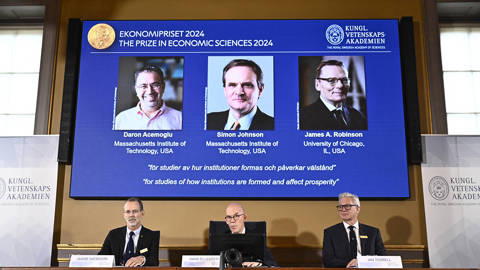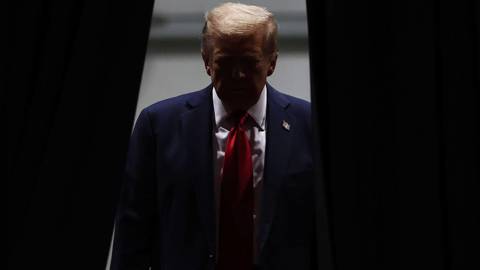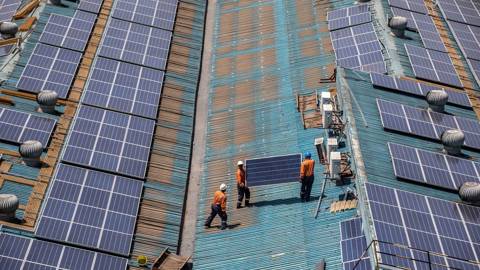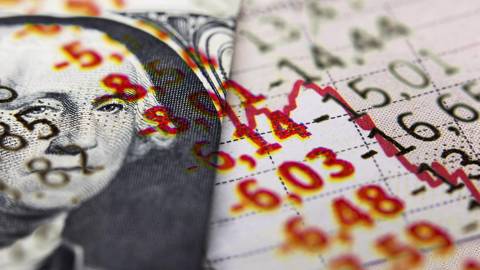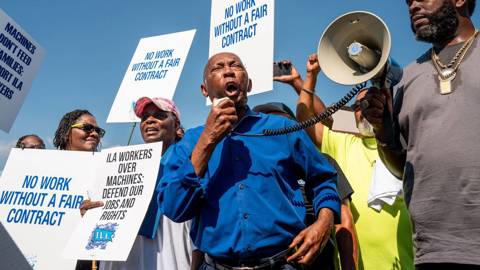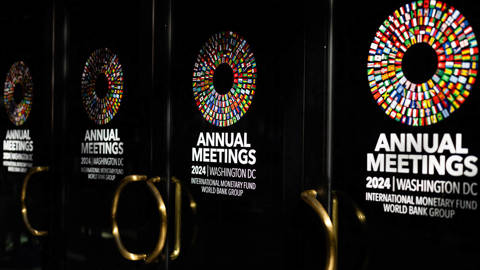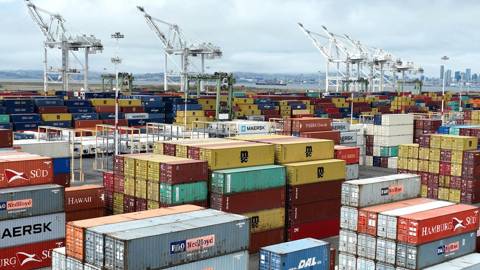Atif Mian
Atif Mian is Professor of Economics, Public Policy, and Finance at Princeton University, Director of the Julis-Rabinowitz Center for Public Policy and Finance at the Woodrow Wilson School, and co-author of House of Debt.
-
Could Ultra-Low Interest Rates Be Contractionary?

Could Ultra-Low Interest Rates Be Contractionary?
Sep 17, 2019 Ernest Liu, et al. explain why further reductions in borrowing costs could hurt the global economy instead of helping it.
-
The Real Engine of the Business Cycle
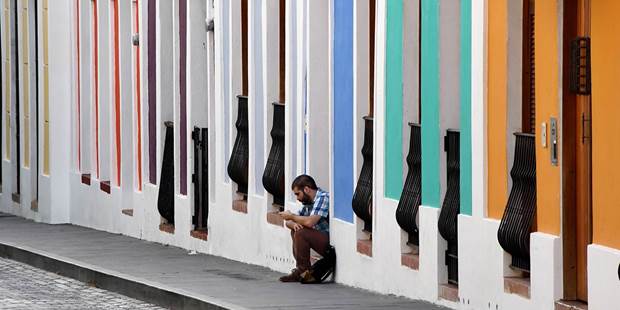
The Real Engine of the Business Cycle
Mar 5, 2018 Amir Sufi & Atif Mian explain how increases in household debt have played a direct role in decades of booms and busts.
